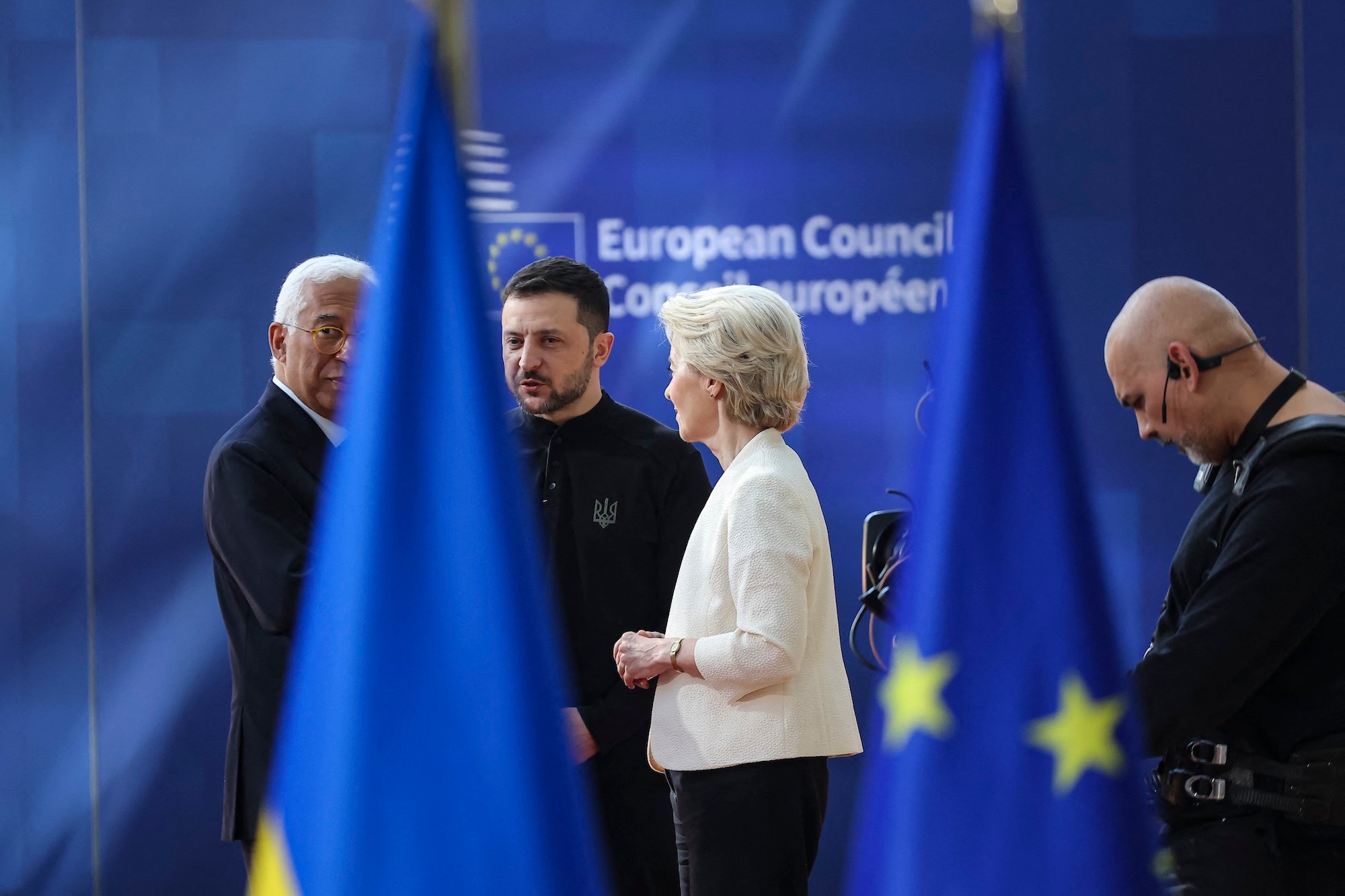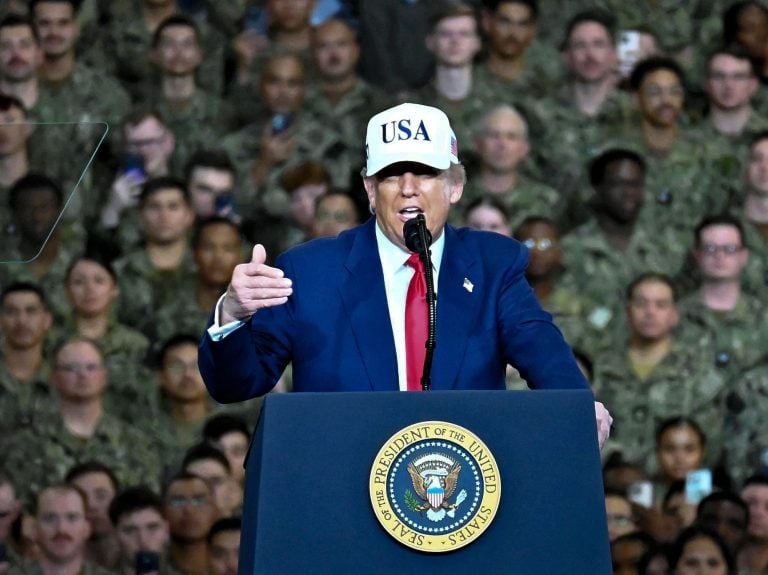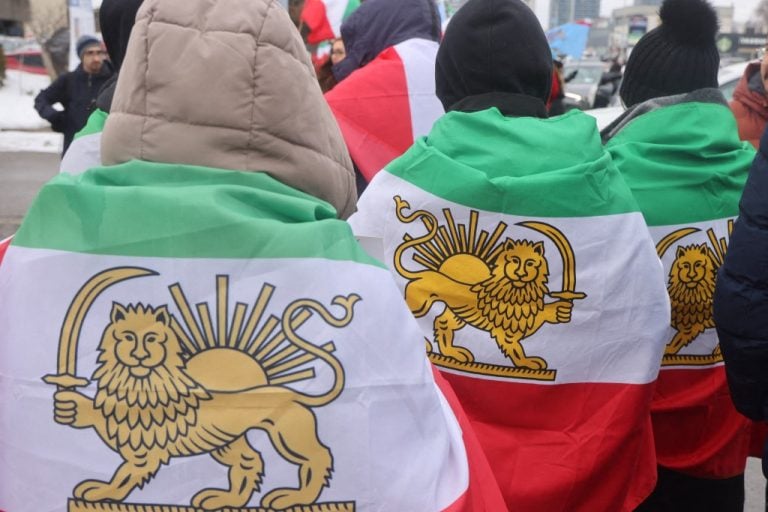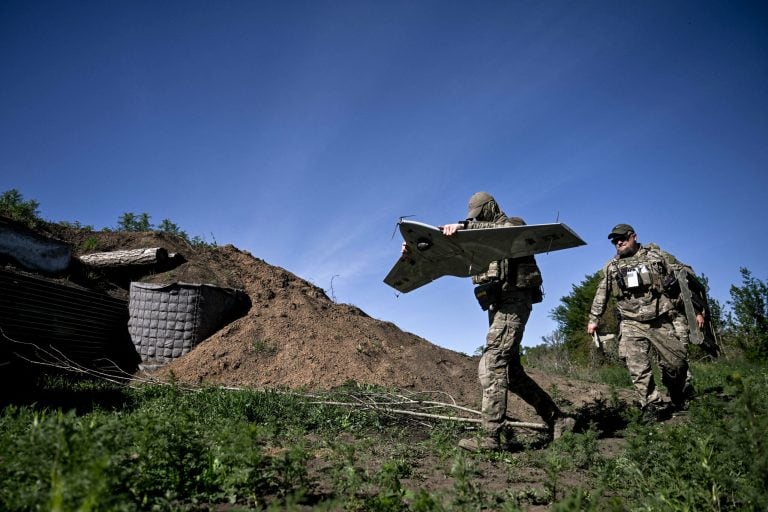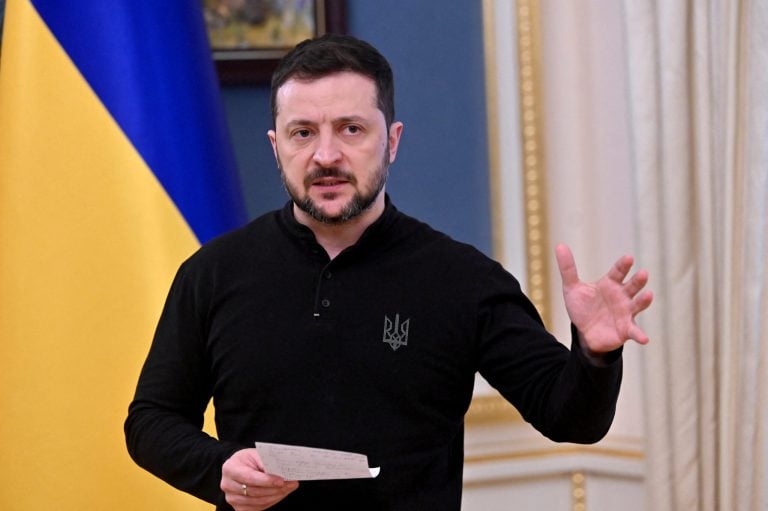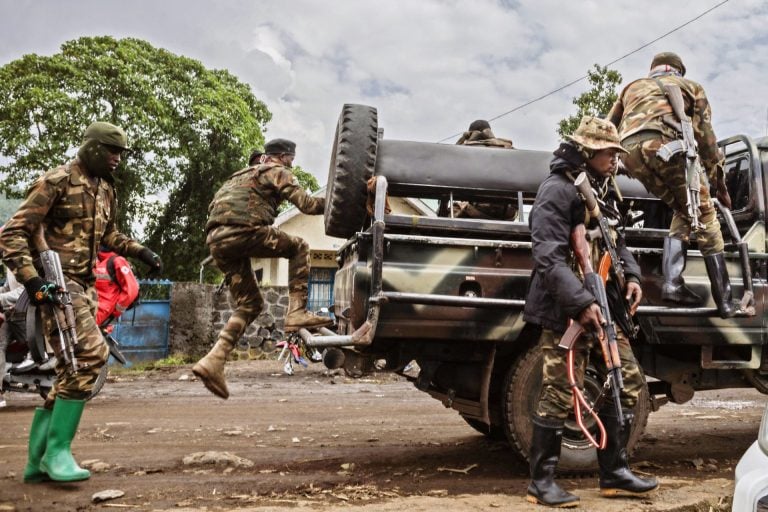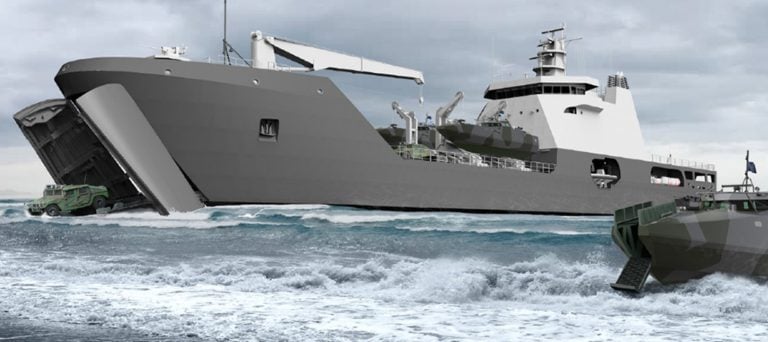Ukraine’s President Volodymyr Zelensky issued a stark warning to European leaders during a summit in Copenhagen, asserting that recent incidents involving drones indicate a deliberate attempt by Russia to escalate aggression. Zelensky emphasized his country’s readiness to share its extensive wartime expertise to bolster Europe’s defenses against such threats.
The summit convened under heightened security, following concerning drone sightings in Denmark and aerial incursions by Russian aircraft in neighboring Estonia and Poland. These incidents have raised alarms about the potential for Russia’s ongoing conflict in Ukraine to extend beyond its borders.
Zelensky stated, “The recent drone incidents across Europe are a clear sign that Russia still feels bold enough to escalate this war,” while asserting that the conflict has never been confined to Ukraine alone. “Russia has always aimed to break the West and Europe,” he added.
In response, Russian President Vladimir Putin dismissed Zelensky’s accusations but noted that Moscow was closely monitoring Europe’s increasing militarization. He urged calm, arguing that Russia does not pose a threat, and criticized European leaders for fostering what he termed “hysteria” to justify heightened military budgets.
European leaders are contemplating a collaborative response, discussing the establishment of a “drone wall” to protect against threats from Russia. Zelensky warned that if Russian drones are permitted to violate airspace in Poland and other nations, it could set a dangerous precedent, stating, “We are ready to share this experience with our partners.”
French President Emmanuel Macron advocated for a firmer stance, asserting that any drones violating European airspace would be met with a significant response. “It’s very important to have a clear message. Drones which would violate our territories are just taking a big risk. They can be destroyed, full stop,” he declared.
The Romanian Prime Minister, Nicosur Dan, supported this stance, indicating that his country’s military would shoot down any Russian drones infringing on their airspace.
As Russia’s war in Ukraine enters its fourth year, Europe is increasingly focused on sustaining pressure on Moscow and ensuring financial support for Ukraine. Macron highlighted the importance of tackling Russia’s so-called shadow fleet of oil tankers, which facilitate the circumvention of international sanctions. “It is extremely important to increase the pressure on this shadow fleet, because it will clearly reduce the capacity to finance this war effort,” he stated, referencing France’s recent actions against a blacklisted tanker linked to Russia.
To further aid Ukraine, the European Union is considering a proposal to utilize frozen Russian assets to fund a substantial loan aimed at addressing Ukraine’s budgetary needs. Supporters argue that Russia should bear the financial burden rather than European taxpayers. However, Belgium has expressed significant reservations regarding the plan, with concerns about the potential for retaliation from Russia and the need for collective assurances from EU leaders to share any resultant liabilities.
Belgian Prime Minister Bart De Wever underscored the risks involved, characterizing the move as “very risky” and insisting on clear commitments from fellow EU leaders. EU chief Ursula von der Leyen acknowledged that the risks of the proposal should not rest solely with Belgium, pledging to intensify discussions to find a viable solution.
